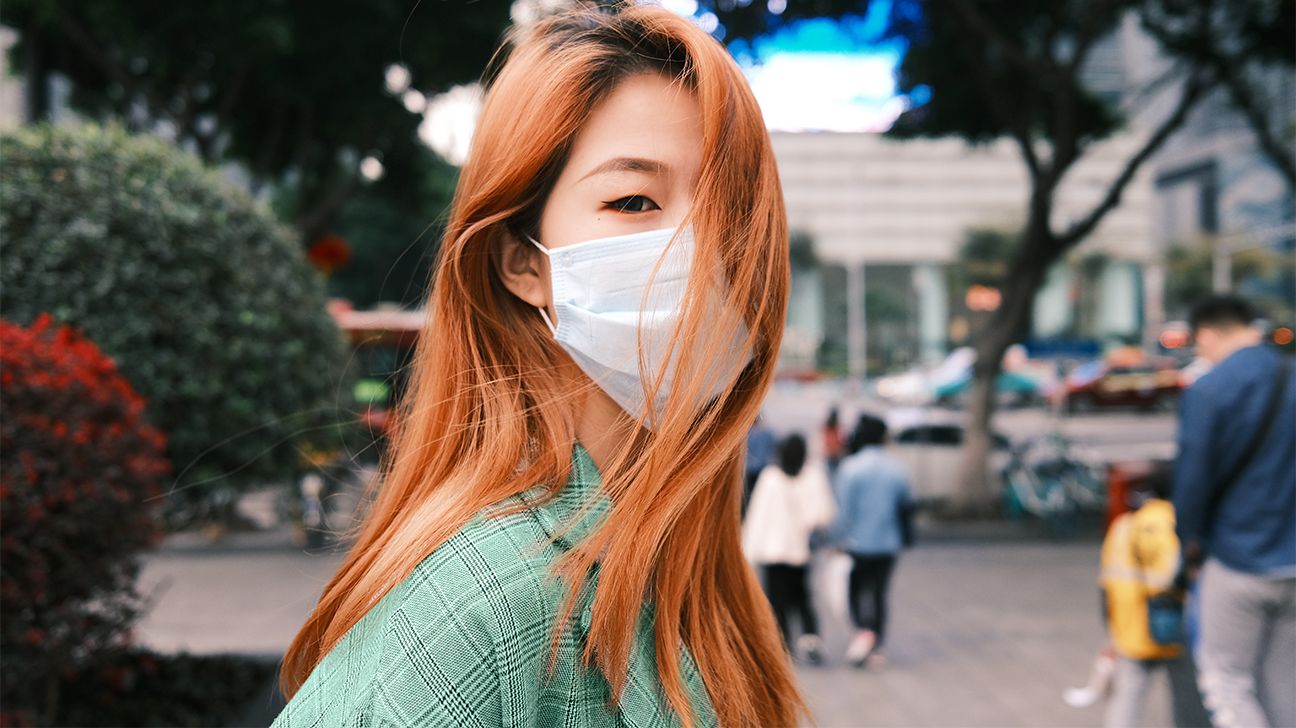When Marie Kondo suggested throwing out things that don’t bring joy, Americans were eager to discard their clutter and even relatives. Then came the coronavirus outbreak — and our willingness to follow “health-conscious” trends was also tossed out the window.
Despite the successive waves of COVID-19, Asia is faring better at managing the pandemic. Many U.S. media outlets ascribed the effective responses in East Asia to the so-called Confucian values, which prioritize collective duty over individual needs and place emphasis on respecting authority.
But it’s not that simple. Shared memories of the 2003 SARS outbreak, which infected over 8,000 people, still haunt many countries in the region. Lifestyle changes and heightened awareness from the previous outbreak in Asia have been crucial to keeping COVID-19 under control.
Oversimplifying the narrative of East Asia’s success neglects the useful lessons we can adopt overseas, especially before a vaccine is available, to save the country from the public health disaster. Here are the hygiene practices we draw from East Asia:
After multiple virus outbreaks, most people wore masks to work or school when they felt unwell, and wearing face coverings became a normal practice in East Asia. Some people even treated face masks as a fashion accessory. But during this pandemic, the importance of wearing face masks is emphasized as a means to protect oneself and others.
Since the virus carriers can be asymptomatic, healthy individuals are encouraged to put on face masks just in case. The gesture of wearing a face mask shows consideration for others. Most countries in Asia have mandated face mask use in public space, with some European countries following suit.
A 2017 study showed that people in Asia generally prefer keeping a wider interpersonal distance than those in the U.S. and some parts of Europe and South America.
In the U.S., we’re used to greeting people with a handshake or a hug. It’s a lovely but dangerous habit that increases the risk of virus transmission.
In Japan, businesspeople greet with a polite bow instead of shaking hands. Whereas in China, the traditional greeting gesture is to join a fist in the opposite palm. Friends are used to waving hellos and goodbyes rather than hugging.
Countries around the world are taking on new ways of greeting to minimize physical contact. The somewhat silly elbow bump, for example, is gaining traction even among political leaders.
Travelers in Japan and Taiwan often notice the absence of trash cans on the streets. It’s a counterintuitive measure that raises people’s awareness of how much trash they generate. Locals are used to holding onto their trash until they get home and separate what’s recyclable.
This environmental practice also came in handy for epidemic prevention. Due to a surge of face mask usage, littering of used masks and gloves in public areas also increased, posing yet another health risk.
The Taiwanese government has imposed a penalty for face mask littering and further reduced the number of available trash cans, reminding residents to dispose of their used face masks properly in sealed garbage bags.
In Hong Kong, the older generation of Cantonese are used to rinsing the utensils with either hot tea or hot water in dim sum restaurants. They’re skeptical of the hygiene standards and believe that the hot water would help kill germs. This practice is not exactly scientific but it has become a dining ritual.
While the younger Hongkongers may not do the same, they’re used to carrying pocket tissues around. They would use the tissues to wipe the chopsticks before usage or clean any oiliness from their lips after meals. Unscented alcohol wipes have also been a popular item during this pandemic since they’re versatile for cleaning any surface or electronic devices.
It’s common for East Asians to take off their shoes and opt for a pair of indoor slippers when they enter a private home. Some businesses also require their employees and customers to change into slippers. More recently, in an interview with KGW, Dr. Chunhuei Chi, director of the Center for Global Health at Oregon State University, noted that there is a small risk of shoes tracking in droplets from the outside.
The average shoe sole is covered with thousands of fecal bacteria. In a 2017 study, more than 26 percent of shoe soles tested positive for C. Diff, the bacterium that leads to fever and explosive diarrhea.
These bacteria may not cause infections directly. But during the rainy and snowy seasons, wearing outdoor shoes inside would mean dragging the mud and dirt around the house. Removing those wet shoes would save most households and offices from having to deep clean the floor frequently.
In Zen Buddhism, cleaning is a spiritual practice that includes sweeping the floor and washing off dirt from the body. Given the humid climates in Asia, most people shower before bed to wash off the sweat and mugginess. This also helps to remove all the makeup, oil, and pollutants from the skin. Why would we want to take all the germs into our bedsheets after being outside for the whole day?
Taking a quick, lukewarm shower about 90 minutes before bed can even release muscle tension and improve sleep quality.
The months-long shutdown has provided us a chance for quiet self-reflection, especially in terms of personal health — both physical and mental. And like Marie Kondo’s magic of tidying up, maintaining cleanliness and decluttering is part of a lifelong spiritual practice. As we enter a future unknown, perhaps now is the time to take stock of how we can emerge from this pandemic and be better prepared for future crises.
Daphne K. Lee is a journalist based in Taipei and New York City. She mainly covers human rights and culture in East Asia. Find her on Twitter.


